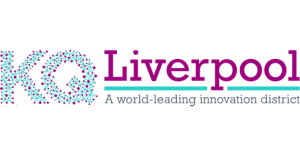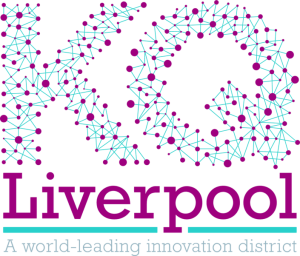This morning we hosted our monthly ‘In the Know’ breakfast event, with three guests contributing to an insightful talk on wellbeing in the workplace.
The first speaker was Robert Brennan, a seasoned personal trainer, hypnotherapist and NLP practitioner who covered the importance of mental health in the workplace. He talked of the ‘Ikea effect’, a cognitive bias in which people place a higher value on products or ideas that they have a hand in creating themselves. This applies to the workplace, as there are countless mental health initiatives across the country, however it is important for managers to talk to their staff, and find out what they actually want, rather than simply running the initiatives, as this is more beneficial for their mental health.
Sleep and exercise were two of the most important aspects in terms of maintaining a positive mental health, with Robert looking at examples from around the globe, particularly East Asia, in countries like South Korea and Japan, where people work long hours and are reluctant to take much time off work, leading to cases where people literally work themselves to death, which in Japan is known as ‘Karoshi’. Robert presented the ‘5 pillars of employee engagement’ to us, looking at some intriguing examples of how positive social cohesion has seen ‘blue zones’ across the globe such as in Costa Rica and parts of the United States, where people live much older than average thanks to their strong levels of social interaction and consistent group exercise. Values & culture was also mentioned as being an important part of maintaining good levels of employee engagement and making the workplace a healthier environment to work in.
The second guest to talk was Shazney Spence, a highly intuitive lifestyle coach, mental health advocate and Reiki master. Shazney explained the relationship between health and wealth, listing some interesting statistics, such as the fact that sick absences cost the UK economy £8.4bn a year, and that figure is almost at a trillion a year globally. Additionally, 15.4 million working days in 2018 were lost directly related to work stress, anxiety and depression.
Shazney stressed the importance or developing a healthy and open workplace, where help is provided without discrimination. She talked of the importance of improving communication, and removing stigmas surrounding mental health problems at work. She left us with a thoughtful message, saying that all companies should strive to protect their most valuable assets-its people. Mental well-being should be regarded as a top priority in the modern workplace, and in Shazney’s words, it is vital that we “bring our best self to work”.
Our final speaker of the day was Paul Roberts, director at Coldwell Banker Richard Ellis (CBRE) UK. Paul took a slightly different angle in his talk, looking more at wellness in office design. He told to us how wellbeing certifications for the design of buildings that focus on human health and management of building environments are gaining popularity.
Despite such a rise in popularity they are extremely difficult to obtain, with only seven buildings in the world (including the spine) having been awarded either a BREEAM or WELL certificate for their designs. The buildings are assessed based on the following: air, water, nourishment, light, movement, materials. It was useful to grasp the extent to which the design of a building affects the physical and mental wellbeing of its occupants, and something as simple as adding more staircases to encourage people to be more active when walking from one place to another, or adding biophilia to the design of both the exterior and interior.
In summary, it was a very successful edition of ‘In the Know’, with a lot to take from the three amazing speakers. Personally, I found it very interesting, having recently graduated from university and completed my dissertation on the causing factors of mental health issues among university students in the UK. As the workplace is a fairly new environment for myself, it is refreshing to see what is being done and the discussions that are being had regarding mental well-being at work, especially as we spend most of our time here.




